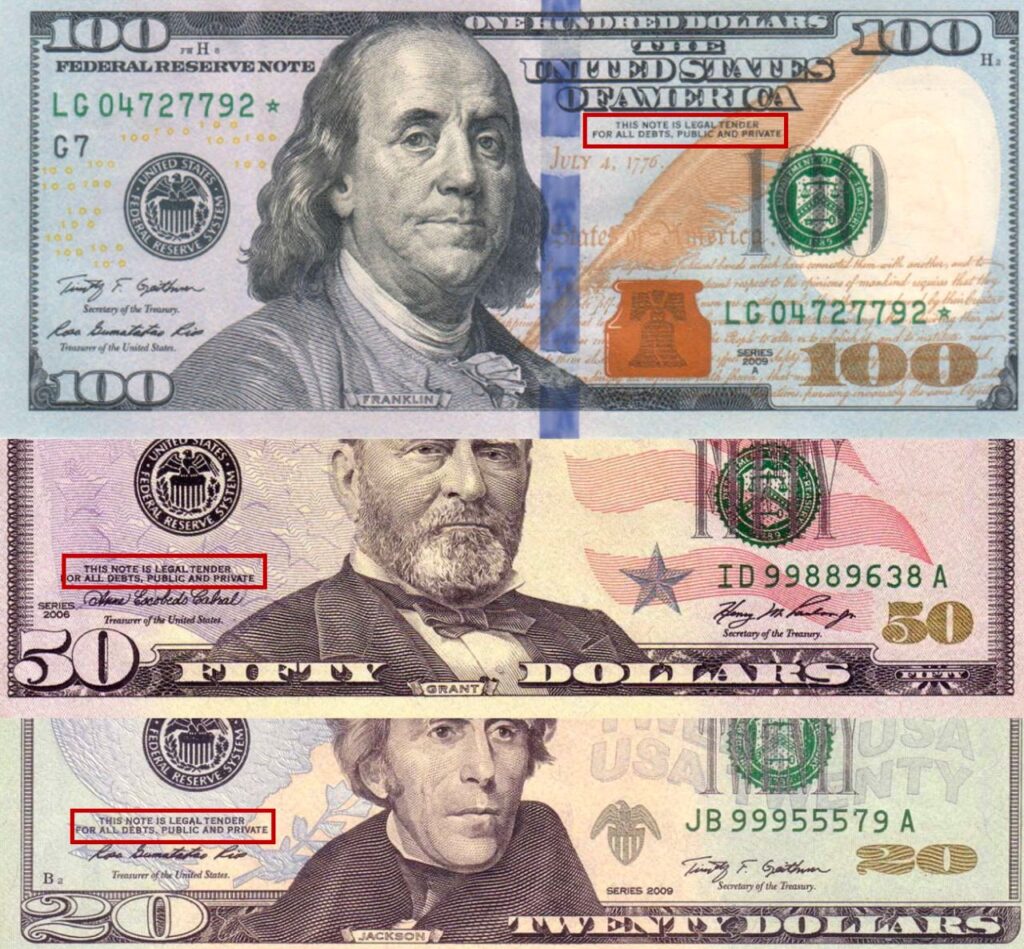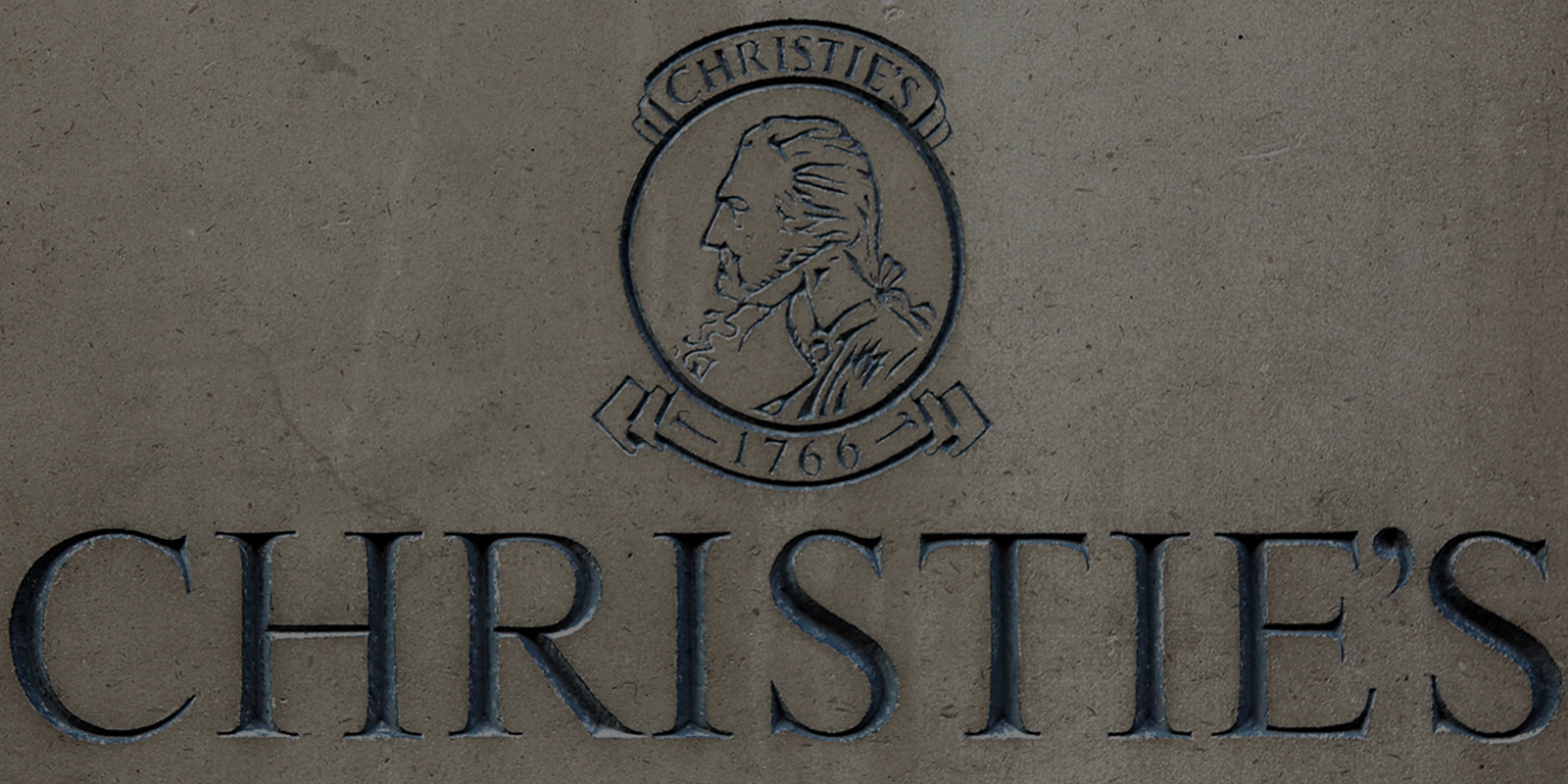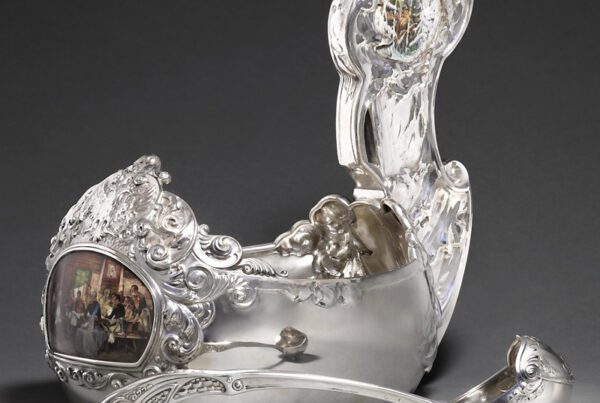As I explained last month, Sotheby’s these days seem to inhabit a mad, mad, mad, mad world.
Christie’s is no saner.
I recently bought items from both Sotheby’s and Christie’s New York, and arranged for them to be shipped to England by Gander & White – a company I have worked with for years.
Gander & White have been in business since 1933. They are one of the largest art shipping firms in the world, with offices in London, New York, Paris, Los Angeles, San Francisco, Miami and Palm Beach. They are even Supplier of Fine Arts Services By Appointment to HM The King.
Sotheby’s sale came first. I purchased three lots, paid the invoice, and Sotheby’s released the lots to Gander & White without further ado.
The Christie’s sale, where I intended to bid, was coming up shortly. It made obvious sense to have anything I might buy at Christie’s shipped together with my purchases from Sotheby’s, to alleviate the costs.
In the event I bought a silver candelabrum, with imperial Russian connections, at the Christie’s sale on January 27. The bill was settled promptly. Yet Gander & White were unable to collect it. Why? Because, according to Christie’s Post-Sale Department (‘Nuisance & Hindrance Department’ might be more accurate), if I were to designate Gander & White to ship the piece to London – I needed to pay New York State sales tax (8.875%). If I let Christie’s arrange the shipping through Gander & White – then I didn’t have to pay the sales tax.
Come off it! State sales tax does not apply on any item that is shipped outside the State by a shipper approved by the auction house. If I want to use the same approved shipper for Christie’s as for Sotheby’s, what the hell is the difference?
It’s my right – not Christie’s – to designate who is entitled to collect and ship my property! Gander & White are approved shippers for all major auction houses. If I suddenly decided to call in, say, the Piggly Wiggly Distributing Company of Alabama, they wouldn’t be able to collect goods from Sotheby’s or Christie’s without paying New York sales tax (which would reimbursed once these goods were out of the country). But Gander & White certainly can collect goods without paying New York sales tax – as per my experience with Sotheby’s. Gander & White have been doing just that for God knows how many years!
Gander & White also collect stuff in London, from me and for me, and ship it at my request around the world. They know how to handle all the paperwork and procure the relevant export licences. Sotheby’s released my New York purchases to Gander & White for shipping to London; Christie’s did not. Yet Sotheby’s need to abide by New York state law, same as Christie’s. Christie’s appear to have taken the law into their own hands. The law is the law. It applies to all, equally. Christie’s can’t just alter it to suit their own ends!
Christie’s also wanted me to fill out some ‘Client Due Diligence Questionnaire,’ telling them how many days a year I spend in my country of residence, and providing them with ‘a document evidencing my tax residency for the last tax year.’ They also required my VAT number on entry to the UK. That’s none of their darned business! Whatever shipments I have done from Sotheby’s and Christie’s have always been done legally, through shippers like Gander & White – who do the paperwork. Taxes are my own affair.
So Christie’s would not let me recover my candelabrum through Gander & White – for which they had pocketed $240,000, plus their own usurious commission of $62,400 – unless I accepted their conditions.
In the end I had to succumb to Christie’s demands – and pay them for shipping my candelabrum through Gander & White. Only then did they release it to Gander & White, enabling them to ship it from New York to London… in the same bloody crate as the three items I had bought at Sotheby’s – on which I had NOT paid sales tax, and for which I had paid Gander & White directly. Crazy! What kind of nonsense is that? Christie’s must have engineered some kind of scheme with Gander & White, whereby they are getting some kickback. Well, that’s my guess! Why else would they do things this way? Christie’s are milking their customers (like me) for all they are worth.
Guess what? I doubt I’m going to be dealing with Christie’s New York under such circumstances in the future. I can do without such grief and palaver.
On March 2 Christie’s sent me an article from the Artsy website about how the Gagosian gallery had been obliged to make a $4.28 million settlement with the state of New York for failing to ‘collect required tax on art purchased in New York and sent to out-of-state clients.’ The article gave no details about the context.
What the hell did this case have to do with me? Gagosian is Gagosian. His shipping methods are unfamiliar and of no interest to me. I get stuff sent to me through a legitimate shipper: Gander & White, who follow the law. I’ve got nothing to do with Gagosian. Gander & White do the paperwork – all the paperwork. And what did this ‘failed to collect’ bullshit have to do with anything? If the stuff leaves the State of New York, who is violating what? I have no reason to pay New York sales tax to Christie’s or anyone else – as long as the stuff is collected for shipping outside of the State of New York.
One thing is clear: Christie’s have decided to interpret State law themselves. I wonder why? Who is empowering them to do so?
And whose actions are unlawful? Are Sotheby’s screwing the State by not charging sales tax?
Or are Christie’s applying their own sales tax rules to extort yet more dosh – from shipping – from their hapless and over-exploited customers? I would imagine that this question has some credence. Why otherwise would Christie’s keep their Shipping Department going, if it didn’t bring in any money?
My suspicion is that Christie’s – not content with their titanic 25% commission they levy on the hammer price – are now trying to rake in even more shekels from shipping. Their credibility is sinking fast.
*
So many things have changed for the worse in the past few years. Another example: it’s becoming illegal to use cash in the States – even though American law asserts that ‘United States notes shall be lawful money, and a legal tender in payment of all debts, public and private, within the United States.’ What kind of a world are we living in if our own money, supported by the law of the land, is now deemed illegal? What’s next?
On the front of every American banknote, from $1 to $100 (larger bills are no longer issued), is written:
THIS NOTE IS LEGAL TENDER FOR ALL DEBTS, PUBLIC AND PRIVATE

That means what it says. Or does it? How come paying in cash, with American dollar bills, is now illegal?
If I want to thank a cabby or a smiling waitress – I give them cash, personally. If I paid by credit card they’d never get a tip. And now they’re saying cash ain’t allowed? Why the Hell not? It’s legal tender, Goddammit!
If it isn’t, then the United States should urgently remove that assertion from the front of their banknotes (it doesn’t figure on the banknotes of any other currency, as far as I’m aware) – and the U.S. Treasury should proclaim instead:
THIS NOTE IS ILLEGAL TENDER…
Title 26 of the United States Code of Law (Section 6050I) requires ‘any person who is engaged in a trade or business’ to file a Currency Transaction Report (Form 8300) for the Internal Revenue Service if they receive cash payments of over $10,000 – containing the name, address and Tax Identification Number of the person from whom the cash was received, plus details of the exact amount, and the date and nature of the transaction.
That requirement is draconian enough! But does it state anywhere in the U.S. Code that dollar bills are illegal for transactions of under $10,000 ?
Governments want to peer into every aspect of citizens’ lives. Payments by credit card can be tracked. Payment in cash cannot. Big Brother here we come! The abyss of 1984 is looming….
What sort of world are we living in?
A mad kind of world, that’s what!
A mad, mad, mad, mad world…









